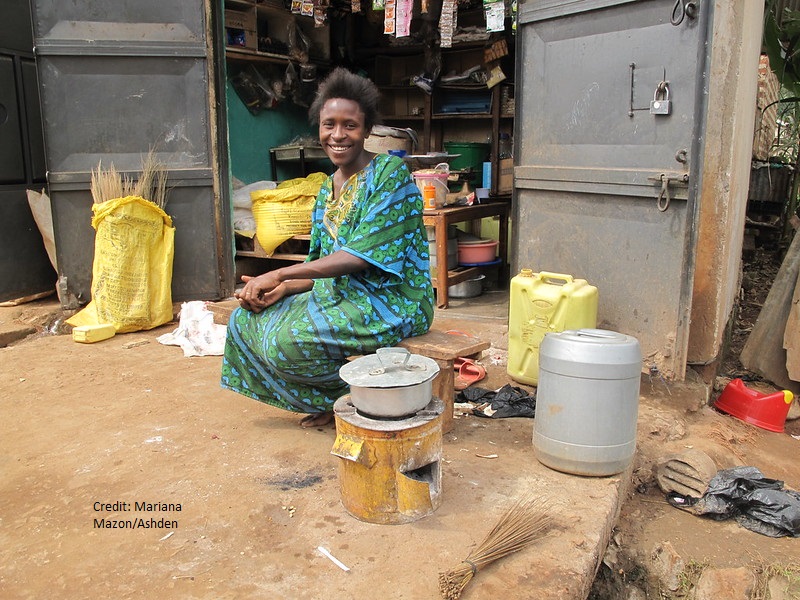Climate Health in Africa Integrated Risk Research (CHAIRR)
Countries / Regions
Malawi, further countries across Africa will be added as the research progresses
Partners
Sightsavers
Funders
Sightsavers
Timescale
Project Team
Prof. Ros Cornforth (PI), Dr Celia Petty, Dr Cathie Wells, Daniel Mardi, Dr. Zarina Saidaliyeva, Dr Richard Selby
Background
The Climate Health in Africa Integrated Risk Research (CHAIRR) project, aims to provide a comprehensive, fine resolution picture of climate effects that will have a bearing on the epidemiology of Neglected Tropical Diseases (NTD). Given the World Meteorological Organisation’s finding that Africa is suffering disproportionately from climate change, with over 110 million people directly affected by hazards linked to climate in 2022, it is clear that a unified strategy for integrating adaptation planning into health policy across the continent is vital; “Press release 04092023: Af4ica suffers disproportionately from climate change”, (2023), WMO, Geneva. Furthermore the World Health Organisation has listed the monitoring of the impact of climate change on the prevalence and spread of NTDs as a critical action in its 2030 NTD road map; “Ending the neglect to attain the Sustainable Development Goals. A road map for neglected tropical diseases 2021-30”, (2020), WHO, Geneva.


Our Research
This project will take an interdisciplinary approach to considering changes to the way that disease may spread over the next century due to alterations in the climate. This will involve the application of the Implementation Centric Evolving Climate Change Adaptation Process (ICECCAP) focussed specifically on NTDs to produce a set of Inclusive Consultative Integrated Climate, Livelihoods and Environment (ICICLE) storylines which detail plausible climate futures, overlaid with the health and welfare effects that these could precipitate. Policy makers will then be able to discuss these scenarios, in order to implement adaptation policies best fitted to short, medium and long-term needs, to limit negative climate impacts on health outcomes.
NTDs affect over a billion of the world’s population, with the bulk of this burden carried by those living in poverty. Whilst there have been successful campaigns to eradicate certain NTDs in particular regions, climate change may lead to the emergence and re-emergence of such conditions, with transmission and spread increased by even relatively minor alterations in the climate. Analysing the socio-economic status of each region allows still better understanding of the situation, as the extra poverty and displacement caused by climate impacts has been shown to increase vulnerability to NTDs; Bland, S., “Neglected Tropical Diseases: Integrate to Eliminate”, (2023), Johns Hopkins Bloomberg School of Public Health, Baltimore.
Our Research
This project will take an interdisciplinary approach to considering changes to the way that disease may spread over the next century due to alterations in the climate. This will involve the application of the Implementation Centric Evolving Climate Change Adaptation Process (ICECCAP) focussed specifically on NTDs to produce a set of Inclusive Consultative Integrated Climate, Livelihoods and Environment (ICICLE) storylines which detail plausible climate futures, overlaid with the health and welfare effects that these could precipitate. Policy makers will then be able to discuss these scenarios, in order to implement adaptation policies best fitted to short, medium and long-term needs, to limit negative climate impacts on health outcomes.
NTDs affect over a billion of the world’s population, with the bulk of this burden carried by those living in poverty. Whilst there have been successful campaigns to eradicate certain NTDs in particular regions, climate change may lead to the emergence and re-emergence of such conditions, with transmission and spread increased by even relatively minor alterations in the climate. Analysing the socio-economic status of each region allows still better understanding of the situation, as the extra poverty and displacement caused by climate impacts has been shown to increase vulnerability to NTDs; Bland, S., “Neglected Tropical Diseases: Integrate to Eliminate”, (2023), Johns Hopkins Bloomberg School of Public Health, Baltimore.

Our Impact
Expected outcomes include:
- Enhanced capacity among policy makers.
- Improved NTD healthcare planning.
- A robust scientific foundation on which future actions can be based.

